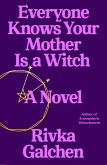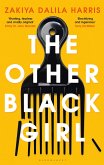Insgesamt 1245 Bewertungen
Zur ersten SeiteZur vorherigen Seite...Weitere Seiten 21 Zur Seite 21 22 Zur Seite 22 23 Aktuelle Seite 24 Zur Seite 24...Weitere Seiten99+Zur letzten Seite, Seite 100Zur nächsten SeiteZur letzten Seite
Zur ersten SeiteZur vorherigen Seite...Weitere Seiten 21 Zur Seite 21 22 Zur Seite 22 23 Aktuelle Seite 24 Zur Seite 24...Weitere Seiten99+Zur letzten Seite, Seite 100Zur nächsten SeiteZur letzten Seite











Benutzer